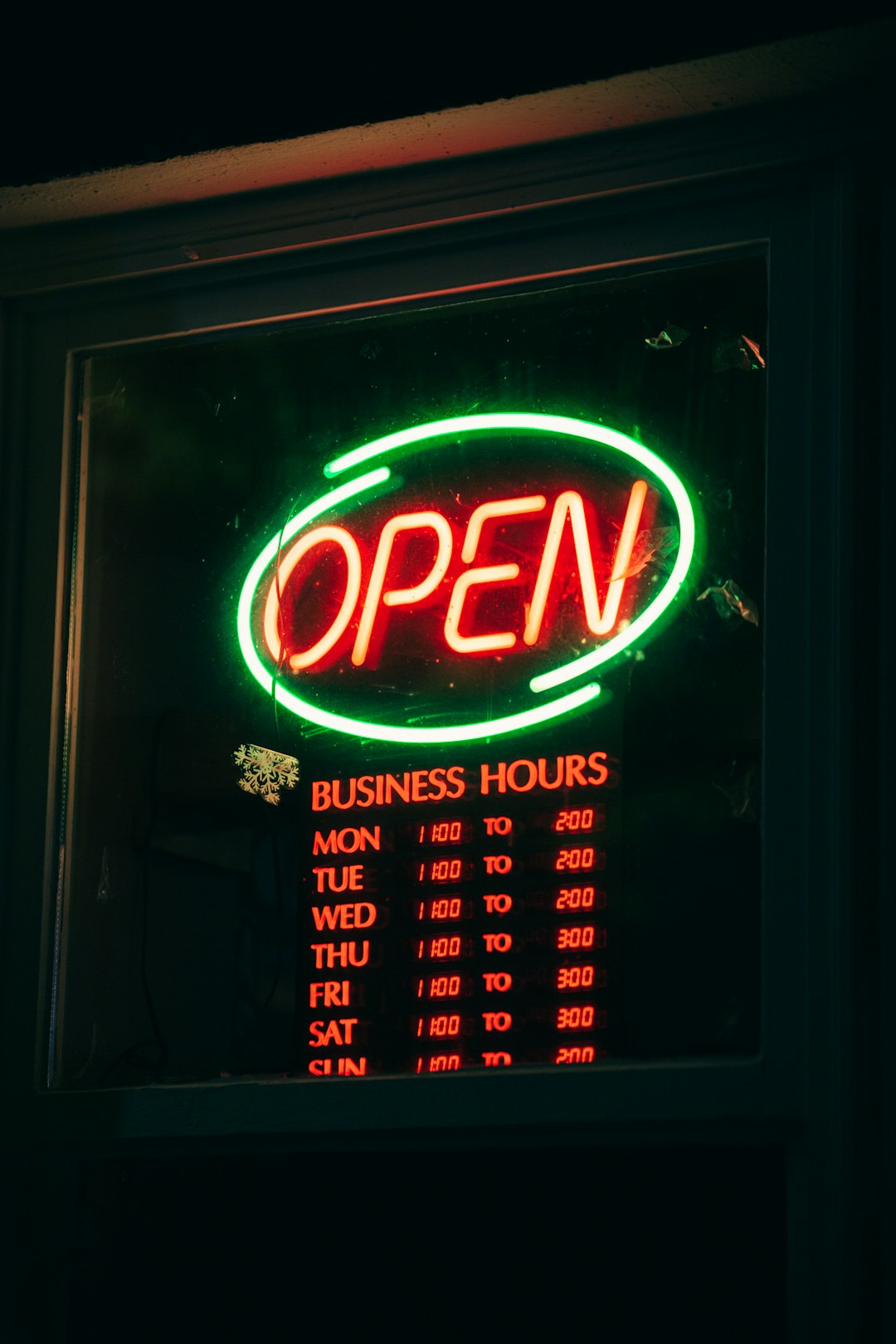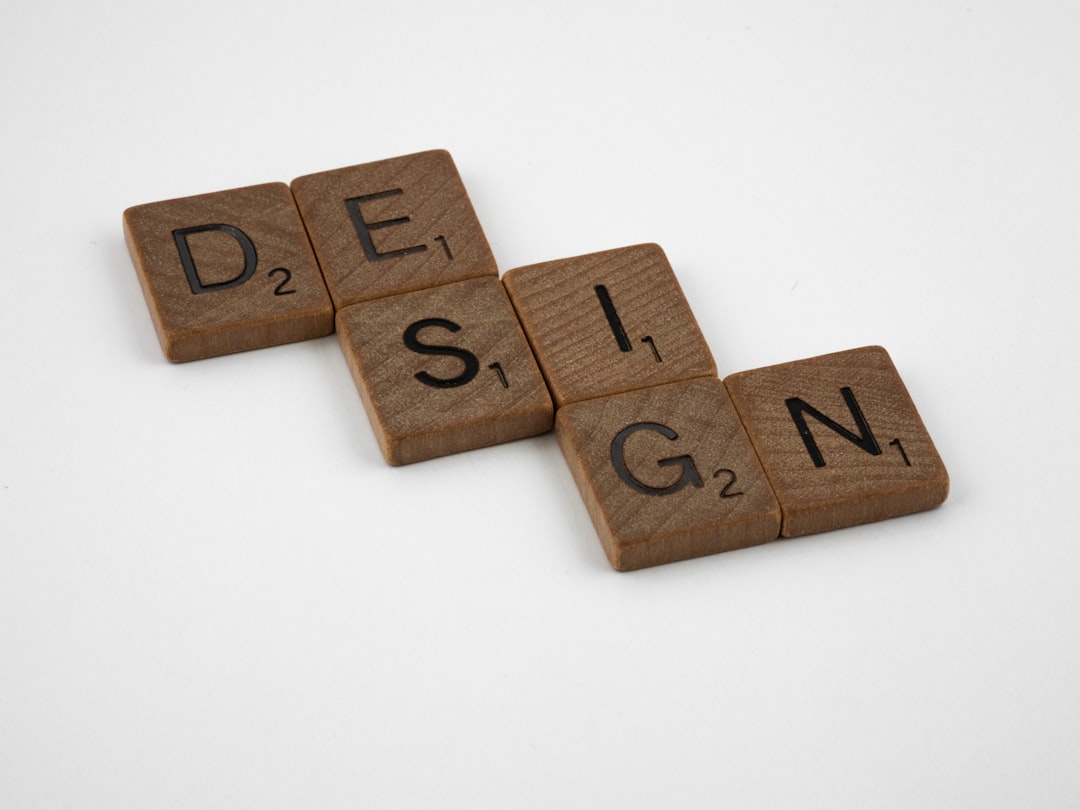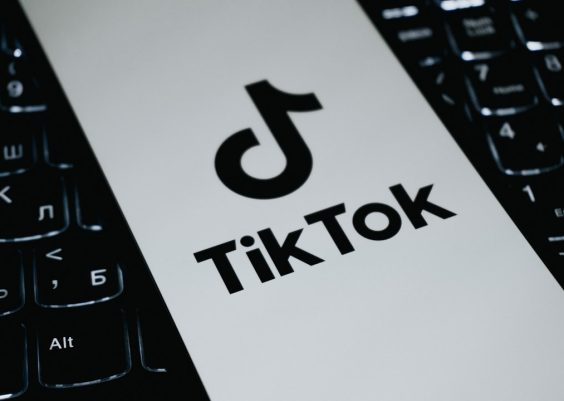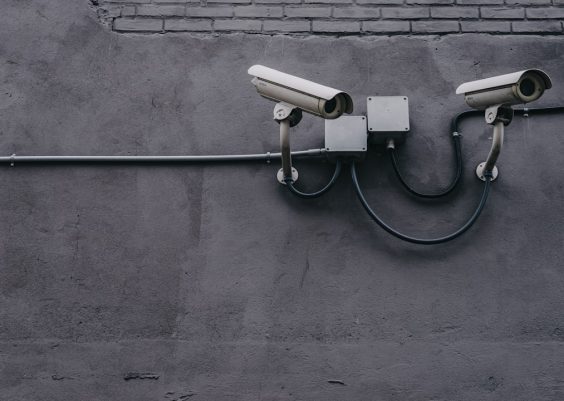In today’s digital age, having a beautifully designed, functional website is no longer a luxury—it’s a necessity. Whether you’re a small business owner, a freelance artist, or a large enterprise, your online presence plays a crucial role in how customers perceive your brand and interact with your offerings. However, traditional web design can be time-consuming and expensive, often requiring months of development and a team of skilled designers and developers. Enter the website AI generator—a technological advancement that promises to change the landscape of web design forever.
Contents
What Is a Website AI Generator?
A website AI generator is an advanced tool powered by artificial intelligence that automates the creation of websites. It leverages machine learning models and vast data libraries to analyze information provided by the user—such as goals, branding elements, and target audience—and builds a fully functional website within minutes. These systems can create layouts, write content, suggest color palettes, and even optimize for SEO, all while learning from best practices in design and user behavior.
Why Traditional Web Design Has Limitations
While traditional web design has evolved, certain pain points persist:
- High costs: Hiring professionals or agencies can run into thousands of dollars.
- Time-consuming process: Designing, building, testing, and deploying often takes weeks or months.
- Heavy resource dependency: Design changes and updates require technical knowledge or professional assistance.
These challenges can hinder businesses, especially startups and creators with limited resources, from establishing a strong online presence. Website AI generators address these obstacles in revolutionary ways.
Top Benefits of Using a Website AI Generator
There are compelling reasons why many are turning to AI to build their websites. Here are some of the standout benefits:
1. Rapid Website Creation
AI-powered tools can produce a polished website in just minutes. Users typically answer a few questions about their brand and industry, and the AI does the rest. What once took professional teams days or weeks now happens instantly.
2. Affordability
Many AI website generators offer free plans or affordable subscriptions, making them ideal for freelancers, startups, and small businesses. The reduction in design and development costs allows more individuals to enter the digital marketplace.
3. Customization and Flexibility
Despite being automated, these tools offer a high level of customization. Users can tweak fonts, colors, images, and layout to align with their branding guidelines. AI tools use intelligent suggestions, ensuring you never veer too far from good design principles.
4. SEO and Content Assistance
Modern AI tools go beyond design; they help write headlines, generate marketing copy, and optimize for search engines. By using natural language processing, they can craft compelling CTAs and metadata that boost visibility.
5. Responsive Design
With mobile usage skyrocketing, responsive design is non-negotiable. AI generators automatically design mobile-optimized layouts, ensuring a seamless experience across devices.
6. Data-Driven Decisions
Some AI platforms integrate with analytics tools and A/B testing systems to continuously refine websites based on real user behavior.

How Businesses Can Benefit
For businesses of all sizes, AI website generators can drive efficiency and boost customer engagement. Here’s how:
- Startups: Get to market faster with a sleek and professional site without straining the budget.
- SMBs: Easily update offerings, run campaigns, or test messaging without relying on a development team.
- Enterprise teams: Deploy branded microsites for campaigns or events quickly and consistently.
Moreover, AI-generated websites can act as a launchpad. Once the business scales, the foundational framework can be handed to developers for further customizations, saving time and resources in the process.
Empowering Creators and Individuals
Not just for businesses, website AI generators are empowering content creators, influencers, and freelancers. Whether you’re building a portfolio, a personal blog, or an e-commerce store for handmade crafts, an AI-powered system allows you to:
- Focus on content while the AI handles layout and design.
- Quickly test new ideas with minimal setup time.
- Sync with other platforms, like social media or email marketing tools, effortlessly.

Popular AI Website Generators in the Market
Several platforms have emerged, each offering unique features tailored to different user groups. Some notable examples include:
- Wix ADI: One of the earliest to adopt AI-generated design, Wix ADI asks a series of questions and delivers a functional site within minutes.
- Bookmark’s AIDA: Uses machine learning to build smart, mobile-optimized websites tailored to user inputs.
- Durable: Designed for small businesses looking to go online fast. It generates a homepage complete with copy and placeholder images.
- Framer: Offers code-exportable AI-generated designs for more tech-savvy creators.
Each of these tools caters to different needs, from complete novices to seasoned developers looking for a head start.
AI in Design: Friend, Not Foe
There’s often concern among professional designers that AI might overshadow human creativity. However, AI is not here to replace human designers but to augment their capabilities. By handling repetitive and technical tasks, AI frees up time for designers to focus on strategy, storytelling, and experience design—elements that remain uniquely human.
Designers can integrate AI tools into their workflow to:
- Generate quick wireframes for client pitches.
- Perform rapid prototyping and iterations.
- Create consistent branding across multiple digital assets.
Ultimately, AI acts as a co-pilot, providing support and inspiration while accelerating the design process.
Looking Forward: The Future of Web Design
As machine learning models grow more sophisticated, we can expect even more intuitive and creative outputs. Future developments may include:
- Voice and gesture-based design tools for hands-free interaction.
- Hyper-personalization where websites adapt in real-time to visitor behavior and preferences.
- Emotion-based design where AI reads user emotions via webcam and tailors visual or content flows accordingly.
The fusion of AI and web design is not just a trend—it’s a paradigm shift that democratizes web creation, making it accessible to anyone with a passion or a product to share.
Conclusion
AI-powered website generators are more than a time-saving solution—they’re a gateway to creativity and possibility. For startups trying to make their mark, artists looking to showcase their vision, or businesses looking to scale rapidly, these tools offer an unmatched blend of speed, affordability, and quality. As this technology continues to evolve, embracing it may not just be an option—it may well become the standard for digital storytelling and business growth.




